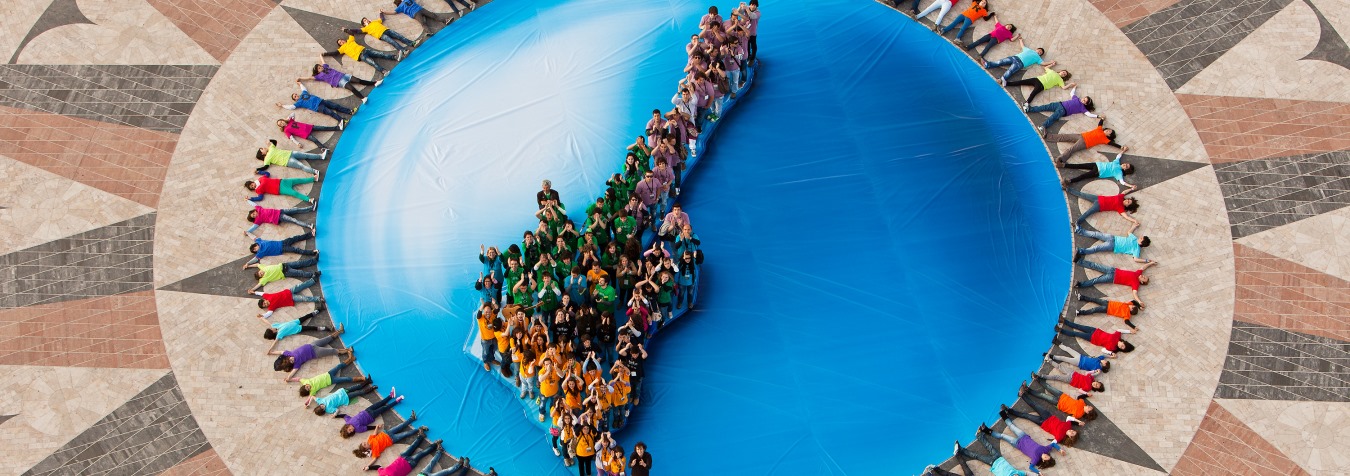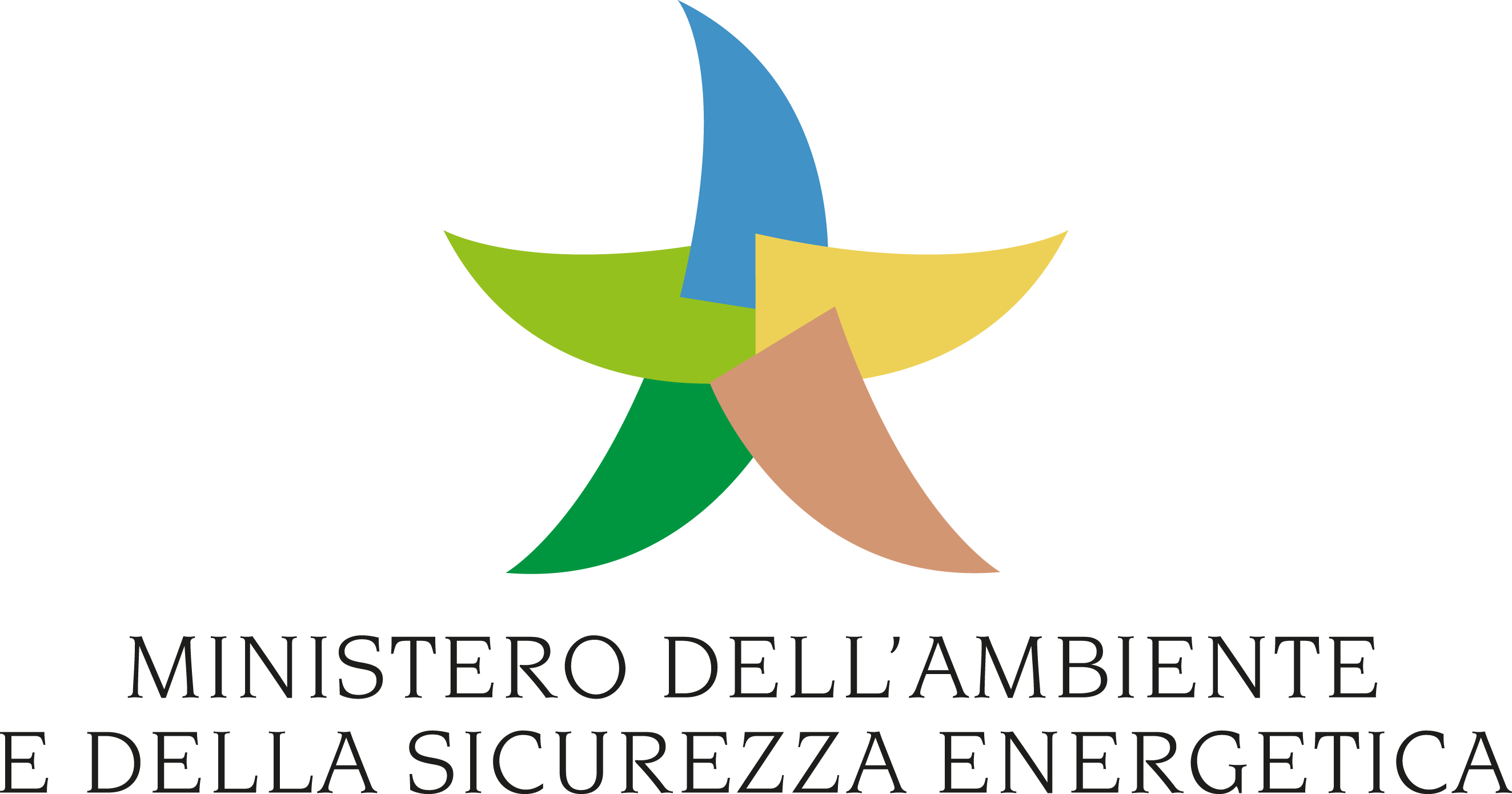
In its first edition in January 1985, in transition from dictatorship to democracy, Rock in Rio invited Brazil to celebrate freedom. Presenting the biggest names in international show business, the event attracted more than a million people and reached 100 million Brazilians through television and radio, brought visitors from every continent and was covered by media from 30 countries.
The 16 previous editions in the four cities has totalled 8,218.600 viewers present at the City of Rock and 1,498 artists from all genres. A success of such magnitude imposes responsibilities and demands from the organizers to help improve the community's quality of life somehow. Thus, in 14 editions over the last 14 years of the Social Project, Rock in Rio has invested USD 31,687, 918.38 in various parts of the world with the support of sponsors.
The organization's vision has also evolved and since 2001, the year that the Social Project was created, the focus evolved from social issues to the integration of these with environmental issues. In 2006 the sustainability of the event became a reality within the organization, reaffirming what already had been assumed as an effective commitment of the organization towards social, environmental and economic issues related with event. Therefore in every edition Rock in Rio develops an extensive campaign on sustainable mobility, alongside a public mobility plan (including spaces and differentiated access for people with reduced mobility), and a sustainability plan for the organization, sponsors and suppliers, having assumed a commitment in 2013 tomaintain the ISO 20121 certification - sustainable events, develops awareness campaigns on good sustainability practices targeting group artists, sponsors, suppliers, public and community, delivers to artists Carbon free certificates ensuring that Rock in Rio offsets its carbon footprint, implements a demanding waste management plan aiming to reduce, reuse and recycle as much as possible, donating materials after the event as well as the food, that remains in good condition, to institutions and families in need, also created an award for sponsors and suppliers with the best sustainability practices in the City of Rock.
These measures and decisions allowed Rock in Rio to build 14 sensory stimulation rooms used by more than 1,000 young people a year; 3,200 young people finished their basic studies in Rio de Janeiro through financial support; 760 photovoltaic panels have been installed in 38 Portuguese schools that will produce energy for 15 years and the profit made by the sale of energy will be applied in social and environmental projects, winning the Energy Global Award 2009; 10 music rooms were installed in public schools; 2,200 musical instruments were donated to 150 NGO; 40 young people trained in luthier assistants; 80 scholarships were created, for the teaching of music; more than 10,000 meals were donated to institutions providing aid to families in need; 60,000 trees were planted in California in a forest area that burned, 126,435 in Rio de Janeiro to help preserve the water of Guandu river that supplies Rio de Janeiro metropolitan area and other 118,000 trees will be planted until 2016 in burnt areas in Portugal.
And that was just the beginning!
We believe that our attitudes can help to transform society into a more harmonious and balanced place.
For a better world (Por Um Mundo Melhor) is Rock in Rio's motto. Photo credits: Agência Zero



